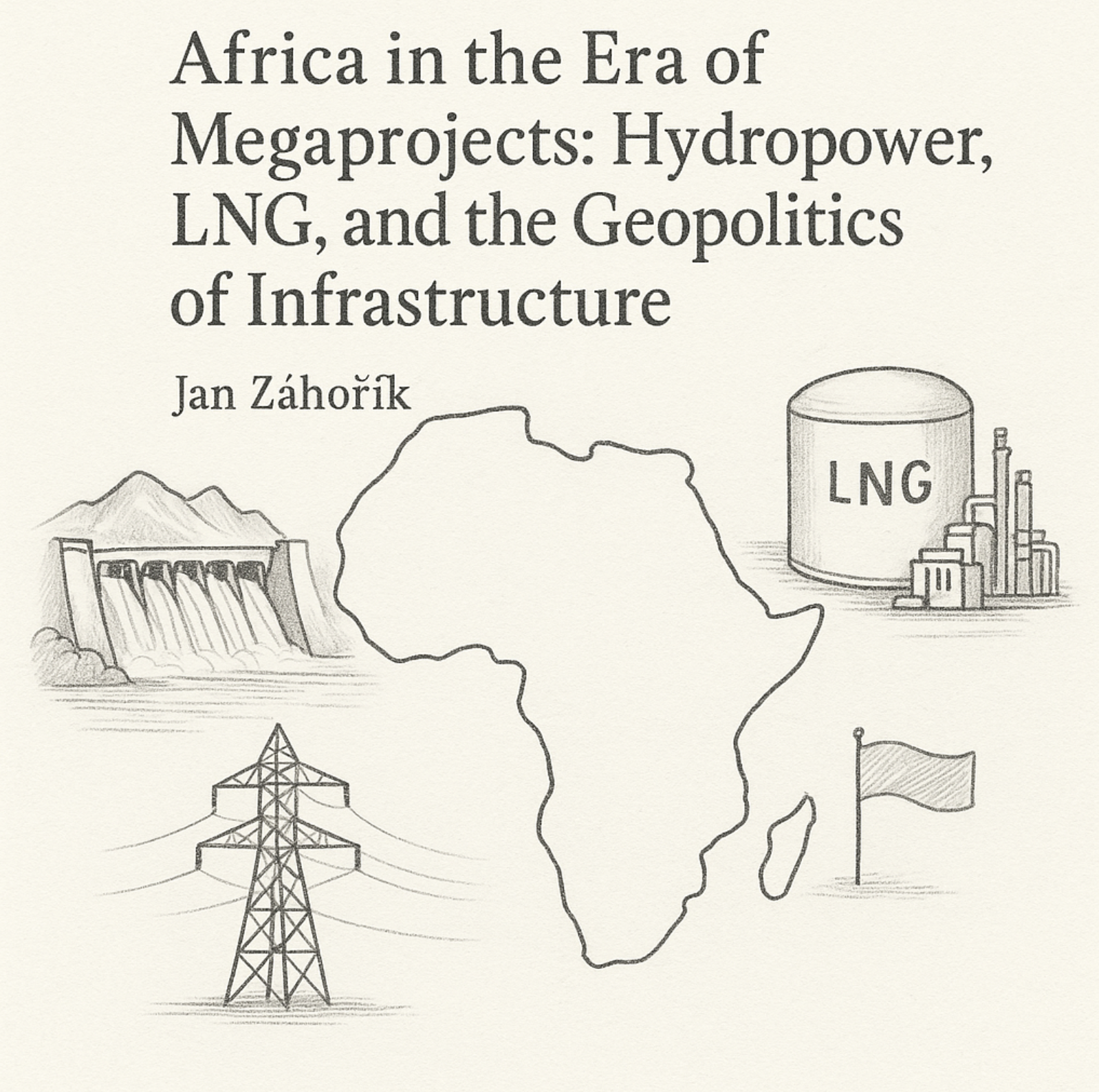The media in Western world are full of news about how Russia is “penetrating” Africa or how the Western influence is being challenged by newly rediscovered Russian-African relations. In this part, we will briefly outline historical trajectories of Russian – African relations in order to understand the “return” of Russia to Africa, as well as the African perceptions on Russia’s increased presence on the continent. Although we should not overestimate Russia’s influence in Africa, there is a number of aspects that the government in Moscow may use for future collaboration.
Russia’s connections to Africa precede the birth of the Soviet Union as already at the very end of the 19th century Moscow established diplomatic relations with Ethiopia and the Transvaal, and opened its consulate in Tangiers in Morocco.[1] The main era of Russian-African relations came, not surprisingly, after the world war II, when the world was divided into two blocs and the Cold War started. Africa became an important continent and in a certain sense a battlefield of ideologies as well as pragmatic approaches of both blocs.
As we discussed in the article on Czech(oslovak)-African relations, during the Cold war, relations between the Socialist camp and Global South (or Third World) were based on a combination of ideological and pragmatic factors. The most important were, of course, countries that adhered to some form of Socialism or Marxism-Leninism and particularly in the 1960s and 1970s when a number of countries in Africa proclaimed their Socialist/Marxist affiliation. We can name Egypt, Algeria, Sudan, Ethiopia (after 1974), Somalia, Portuguese speaking countries, and many others. In some cases, this “flirt” with Socialism/Marxism did not last long (e.g. Mali).
The Soviet engagement in Africa can be divided into three major spheres. The first and most significant was the military aid. Somalia between 1969 and 1977, and Ethiopia after 1977 when Somalia invaded Ethiopia, became the biggest recipients of the Soviet military aid. The same can be said about Angola.[2] The second sphere was an economic and political aid which was offered to a number of African countries as a symbol of competition (or from the Soviet perspective “the superiority of”) between socialism and capitalism which the African leaders were supposed to realize. To persuade the African counterparts about the successes of socialism and about the “best option”, i.e. to follow the Soviet model of development, it was needed to set up a system of mutual political and diplomatic visits, significantly increase number of diplomatic missions all across the continent, and to offer (in collaboration with other socialist countries) technological and industrial unites such as hydroelectric power plants, factories, and other infrastructure projects.[3] Last sphere of influence came through educational collaboration, particularly via the system of scholarships aimed at offering training to thousands of African students. Not only at Lumumba’s university in Moscow could those students gain education, learn Russian language and get back to their home countries equipped with specific skills and with hope to become future leaders of their respective countries.[4]
What seems to play a crucial historical role in Russia’s current engagement is also historical memory. Russia (or the Soviet Union) has never had colonies in Africa, and actively contributed to dismantling the old colonial Empires. The collapse of the Portuguese speaking empire would very likely look different without a direct help from the Soviet union, socialist countries, and also direct Cuban military engagement. Traditional Soviet support to Algeria plays an important part in Algeria’s decision making in the United Nations when it comes to sanctions against Russia. Also Nigeria was supported during the war in Biafra by the Soviet Union and although the Soviet assistance to Africa was not altruistic, it is still remembered. In the words of an advisor of former Nigerian president, “Russia, or Soviet Union, stood with us during the times of crisis, so why we should not keep the doors open to Russia now?”[5] Despite the fact that the Soviet Union was by far the biggest arms and weaponry supplier to Africa during the Cold war era, with its anti-colonial rhetoric and actions is still remembered in many African countries, and so is China. Another historical advantage of Russia is that there still exist a good number of decision-makers in Africa who either speak Russian or have some affiliation to Russia.
Equally important is that Russia has never had any relations with any African country that would complicate relations either with that particular country or with the continental or regional bodies such as the African Union. Last but not least, we may also assume that sort of a disappearance of Russia from Africa in the 1990s helped to Moscow to gain some fresh air to reinvent the relations after 2000. As we will see in the second part on a broader scale, despite many challenges and pitfalls on the trajectory of Russia-Africa relations, there exist a number of historically inherited elements that Moscow can use to build on in order to play more significant role in Africa. At the same time, African countries are, more than during the Cold war, open to multipolar collaboration which works well for Russia’s and (China’s) purposes.
[1] Arkhangelskaya, A. – Shubin, V. “Russia’s Africa Policy.” South African Institute of International Affairs (2013), p. 5.
[2] Bienen, Henry. "Soviet political relations with Africa." International Security 6.4 (1982): 153-173.
[3] Ogunbadejo, Oye. "Soviet policies in Africa." African Affairs 79.316 (1980): 297-325.
[4] Katsakioris, Constantin. "The Soviet Union, Eastern Europe, and Africa in the Cold War." (2019).
[5] Interview with a political advisor, August 2024.
.png)








